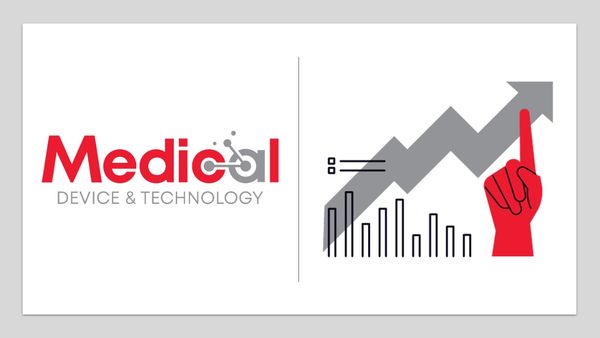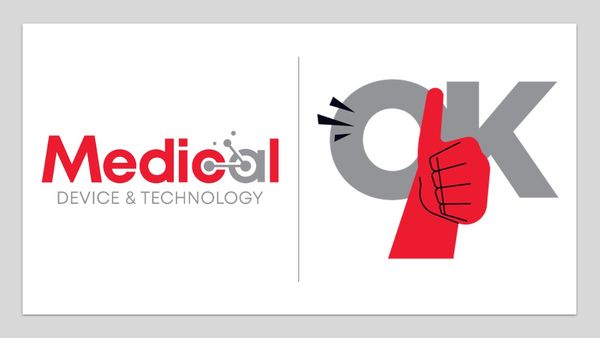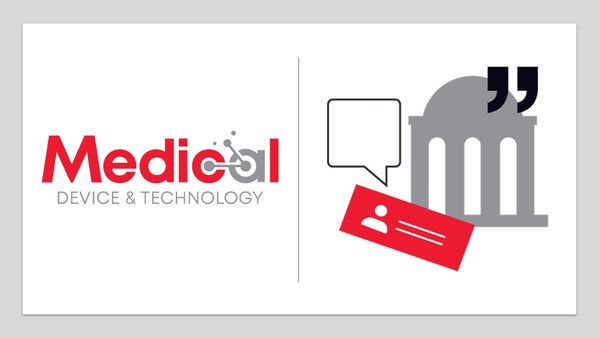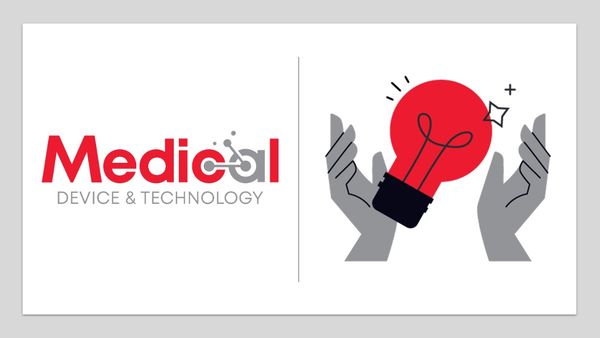
Medical Device & Technology
Latest News
Latest Videos

CME Content
More News

FDA 510(k) clearance for its Hemastyl gel device marks the first technology that has treated the tissue surrounding chronic wounds and prevented numerous amputations.

Orpyx's digital foot-monitoring platform for diabetic foot ulcer prevention will be tested in a NIH-funded trial, aiming to reduce amputation risks.

The growing trend toward device-based metabolic interventions

Hubly Surgical's FDA-cleared auto-stop drill enhances spinal surgery safety, preventing injury with innovative technology for precise, efficient procedures.
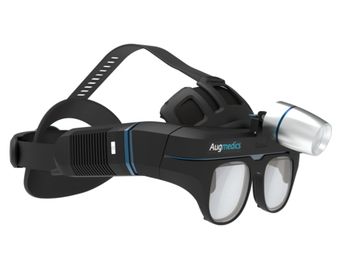
Augmedics unveiled the X2 augmented reality surgical headset, which enhances precision and comfort in spinal surgeries with advanced imaging and ergonomic design.
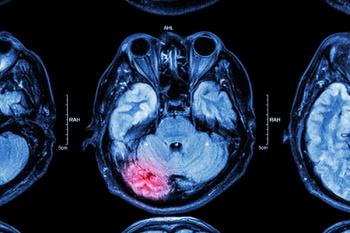
ZAP Surgical's new Axon system advances brain radiosurgery with FDA and CE approvals, enhancing precision and efficiency in treatment planning.

The growing trend toward device-based metabolic interventions

Kaneka launches the i-ED COIL in Europe, enhancing brain aneurysm treatment with advanced flexibility and reduced rupture risk for better patient outcomes.

The growing trend toward device-based metabolic interventions
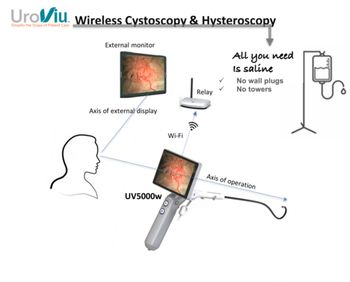
UroViu's CE-certified portable endoscopy device offer procedures with wireless connectivity, enhancing efficiency and patient care in urology and urogynecology.

EndoZip platform automates endoscopic sleeve gastroplasty, aiming to simplify procedures and widen patient access across Europe.

The growing trend toward device-based metabolic interventions

Acquisition unites Parks Medical and Vascular Technology to create a leading platform for Doppler ultrasound and vascular diagnostic systems.


The growing trend toward device-based metabolic interventions

SnkeXR launches medical-grade AR glasses, enhancing precision and efficiency in clinical workflows and boosting surgical practices.

Sirona Medical launches its FDA-cleared Advanced Imaging Suite, boosting radiology with cloud-native PET-CT capabilities for enhanced diagnostic flexibility.

Baxter International's Q3 2025 revenue rises 5% as new CEO Andrew Hider drives growth initiatives and strategic improvements for future performance.

Company had third-quarter 2025 revenue of $5.1 billion, a 6% increase year-over-year

AtriCure's BoxX-NoAF trial explores innovative surgical methods to prevent new-onset atrial fibrillation in cardiac surgery patients, aiming to enhance patient outcomes.

Jupiter Endovascular's innovative TFX technology shows promise in improving outcomes for pulmonary embolism patients, enhancing safety and procedural efficiency.

Aerin Medical device uses temperature- and impedance-controlled radiofrequency to treat multiple anatomical drivers of chronic rhinitis

U.S. medical device manufacturers leverage AI and digital compliance to enhance innovation, safety, and patient-centric designs amid regulatory challenges.

Fujifilm unveils the ELUXEO 8000 Endoscopic Imaging System, enhancing visualization and precision in gastrointestinal procedures with advanced imaging technology.

A new neurostimulation device shows potential in reducing both opioid and stimulant use, offering hope amid the escalating overdose crisis.






